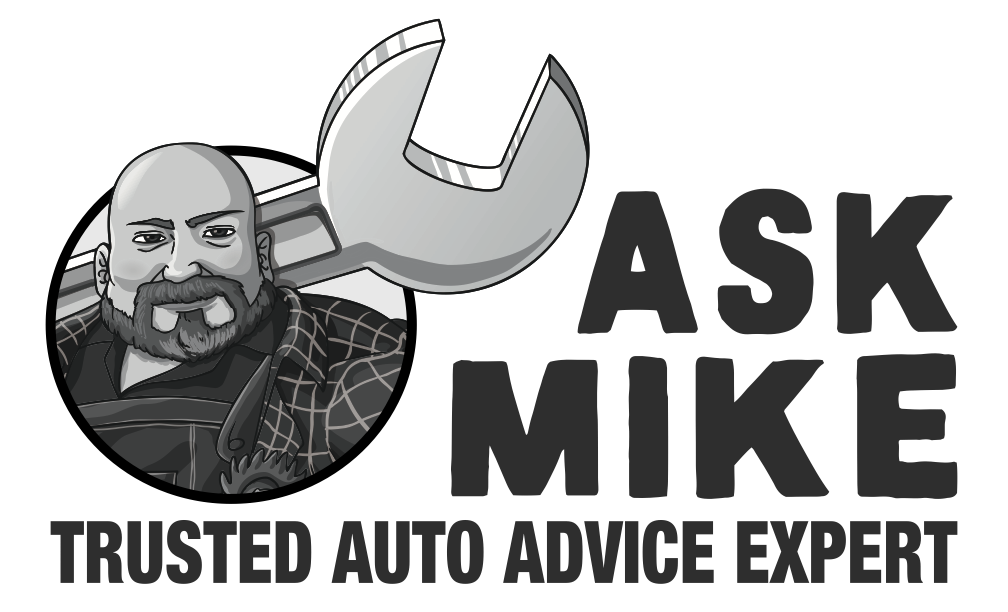Dear Mike,
I have a question about the type of fuel that I need to use for my vehicle. I currently have been using premium fuel, but I am wondering if it is necessary to continue using it. I have heard conflicting information and I’m not sure if it’s worth the extra cost. Can you shed some light on this for me?
Sincerely,
Penelope
Dear Penelope,
Thanks for writing in with such an excellent question. The answer is not as clear cut as you may think. Allow me to shed some light on this subject.
First of all, if your vehicle manufacturer recommends using premium fuel, it’s best to follow their advice. Most vehicles these days are designed with certain fuel systems to work with specific types and grades of gasoline. This means that using a gasoline grade lower than the recommended one could lead to engine damage and even void your warranty.
That said, not all car manufacturers require the use of premium gas in their vehicles. Some will recommend that you use it, but regular gas can be used as an alternative without much consequence. However, using regular gas in an engine that requires premium can lead to engine knocking and damage over time.
So, why do some manufacturers recommend using premium gasoline? Premium fuel has a higher octane rating than regular gas, which means it’s less likely to pre-ignite or cause knocking in your engine. Also, premium gas comes with added detergents and additives that help to clean engine parts and reduce pollution.
On the other hand, regular gas has lower octane and may cause engine knocking and damage in engines that require premium. Although some vehicles might be using knock sensors and the car’s ability to retard the spark timing, it’s still better to follow the manufacturer’s guidelines to ensure your engine is running at its best.
In terms of cost, premium gasoline is undeniably more expensive than regular fuel, but it doesn’t necessarily mean you’ll spend more money in the long run. Using premium fuel regularly may lead to better fuel economy and engine performance, which can help offset the cost difference.
Overall, my advice to you is to check your vehicle’s owner’s manual to see if premium gasoline is required or recommended. If it’s required, then it’s best to stick to it. If it’s recommended, you can use regular gasoline but keep an eye out for any changes in your vehicle’s performance or fuel economy.
Thanks for writing in, Penelope. I hope this helps to clear things up for you.
Best regards,
Mike Urban
Founder, Urban Automotive
